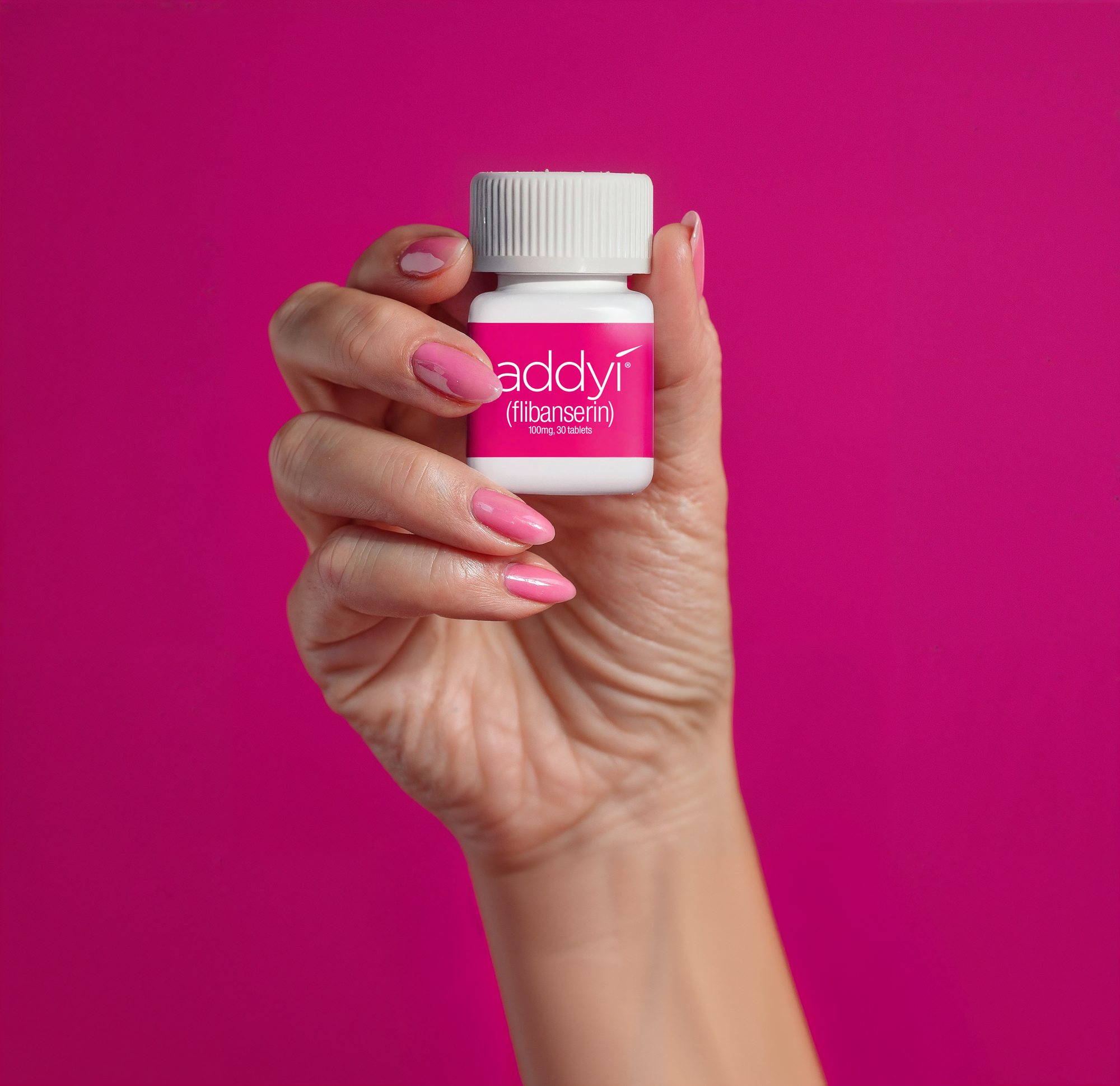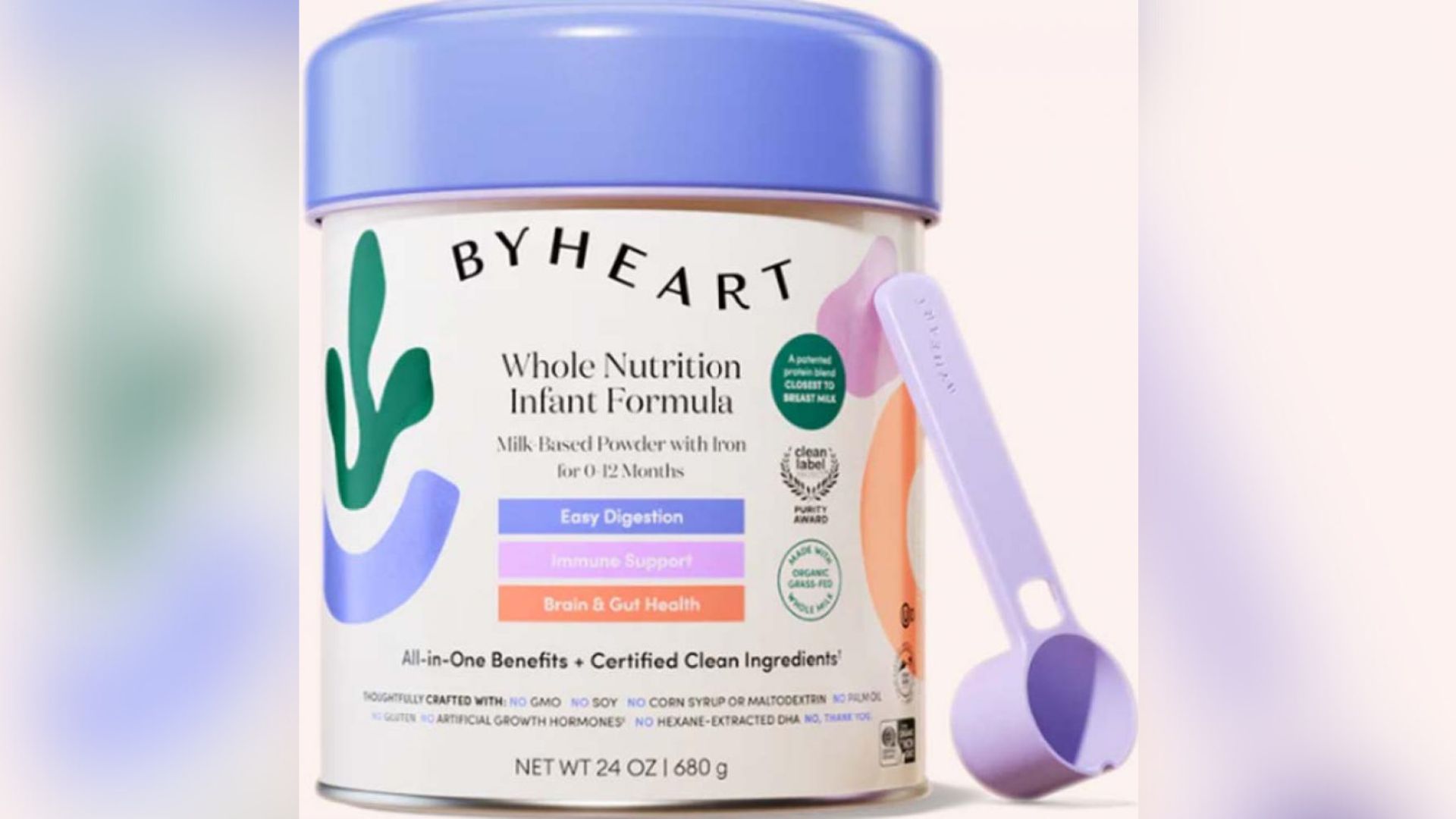Twice a month inside their Tennessee home, Mendy McNulty swabs the nose of her 7-year-old son, Andrew. They’re among some 2,000 families across 11 U.S. cities in a DIY COVID experiment. Researchers want to study any COVID-19 spread within households, hoping to learn about how school-age children transmit the coronavirus.
"It's uncomfortable," Andrew McNulty says.
These participants will never see a researcher in person. Testing supplies are mailed to their homes.
"These families are remarkable in that they are doing the sampling themselves. So a kit arrives at their doorstep and all of the supplies are in these kits," said Vanderbilt University professor of medicine Tina Hartert, who is leading this study.
"It's important because of opening day care centers and schools and protecting our children and the individuals who work with our children in the schools. And so understanding and knowing their role in transmission is important for these reasons," she said.
Scientists picked test subjects like the McNultys from previous government research participants. They get text messages asking about symptoms and reminding them to collect samples and then fill out questionnaires. From there, they collect their own nasal swabs for COVID-19 tests to mail in. Less often, their own stool or blood samples.
"So this is actually just like a little button and it goes on the side of your arm. You press the button and there is a collection tube here and you wait, I think it's two minutes. And the tube fills and then it's done," Mendy McNulty said.
The study could help determine school procedures during the pandemic. But results aren’t expected before the end of the year.











